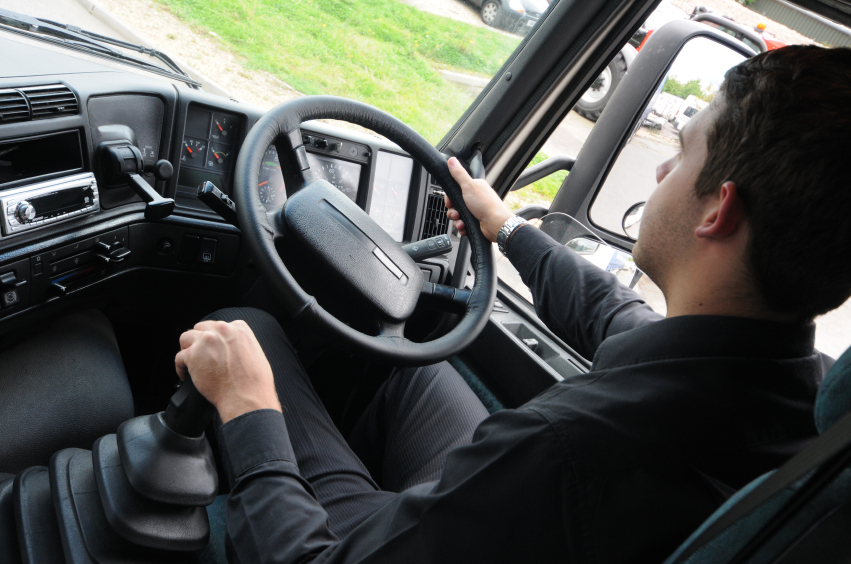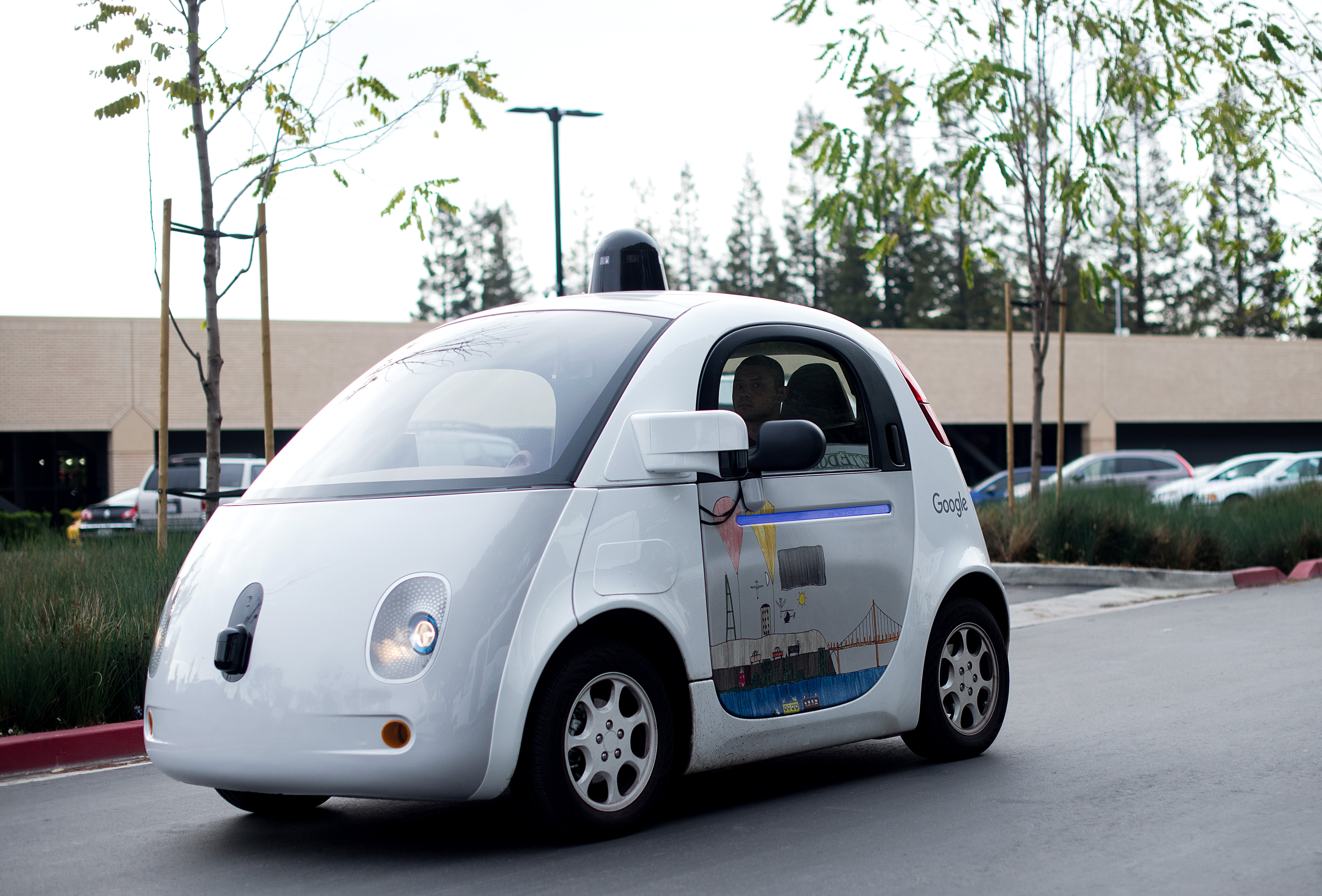
- #Driving personal vehicle for work clock time driver
- #Driving personal vehicle for work clock time license
In the event of an accident, these policies supplement the driver’s personal auto policy, which is typically activated first. Hired coverage is for situations in which autos are not owned by the company or the driver, and non-owned coverage protects the company against liability when vehicles that are owned by employees are used on behalf of the company. Purchase Hired and Non-owned Auto Coverage: Any company that allows or requires employees to use their personal vehicles for business should either purchase Hired and Non-owned Auto Coverage or add it to an existing automobile policy. When employees will be driving their own cars for work, there are several actions you can take as an employer to mitigate risk. If the employee is making a work-related phone call or taking part in any company-related activity, the employer will be held accountable. It is important to consider the risk that assumes in these everyday occurrences.ĭriving a personal auto in lieu of a company-owned vehicle may seem to minimize an employer’s liability, but companies can be held partially liable for damages in the event of an accident, and if an insurer discovers the individual was driving for business, it may take action against the employer for subrogation purposes.

There are many situations in which an employee drives their personal auto to perform a company-related task or activity. DO NOT let the employee use the vehicle if they do not have personal automobile insurance.Įmployee Use of Personal Vehicle While Performing Company Business.
#Driving personal vehicle for work clock time license
#Driving personal vehicle for work clock time driver
The driver shall not talk or text on a cell phone, operate a computer or other such equipment while vehicle is in motion.Īll accidents will be reported to the company immediately. Taken any prescription, over the counter, or illegal drug or substance that may impair driving ability.īecome intoxicated or are under the influence of any prescription, over the counter, or illegal drug or substance. The driver must not operate the company vehicle if they have:

Personal use of a company vehicle should be restricted to the employee assigned to the vehicle, and non-employees, such as spouses or children, should not be permitted to operate the vehicle. In most cases, however, employees’ use of company vehicles is not intended to exist without limitation. Company vehicles are given to employees to take home for a variety of reasons. You should develop and implement a policy statement that outlines specifically under what conditions personal use of company vehicles is allowed and who is authorized to operate the vehicles. Employee Use of Company Vehicles for Personal Use

In either case, it is imperative that you as an owner or manager develop and implement a vehicle use program to mitigate your organization’s liability that may arise from an accident caused by an employee while operating a company or personal vehicle. Chances are good your employees use company vehicles for personal use, or they use their personal vehicles while performing company business. According to the United States Census Bureau, there are more than 260 million vehicles in the U.S.


 0 kommentar(er)
0 kommentar(er)
